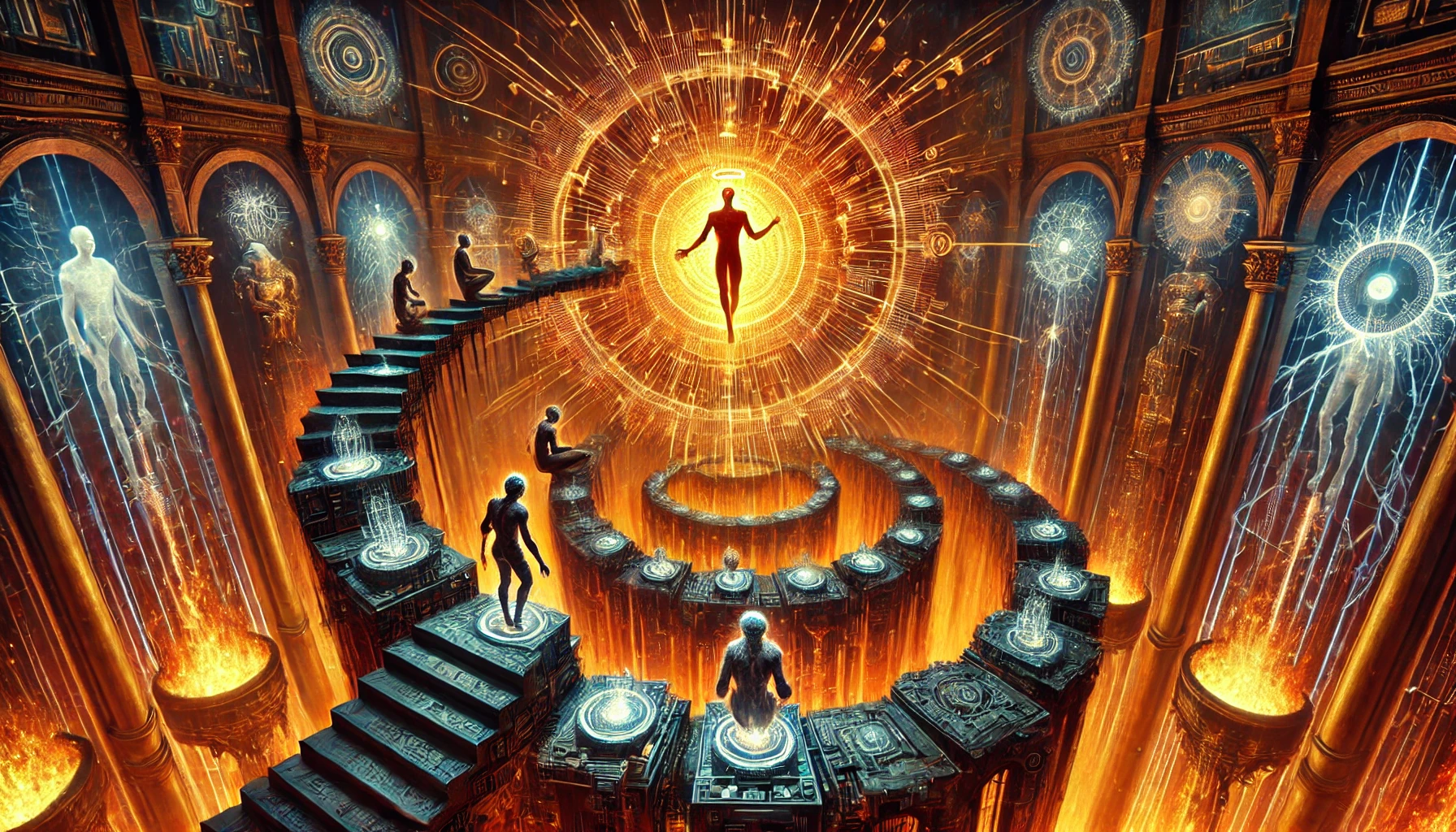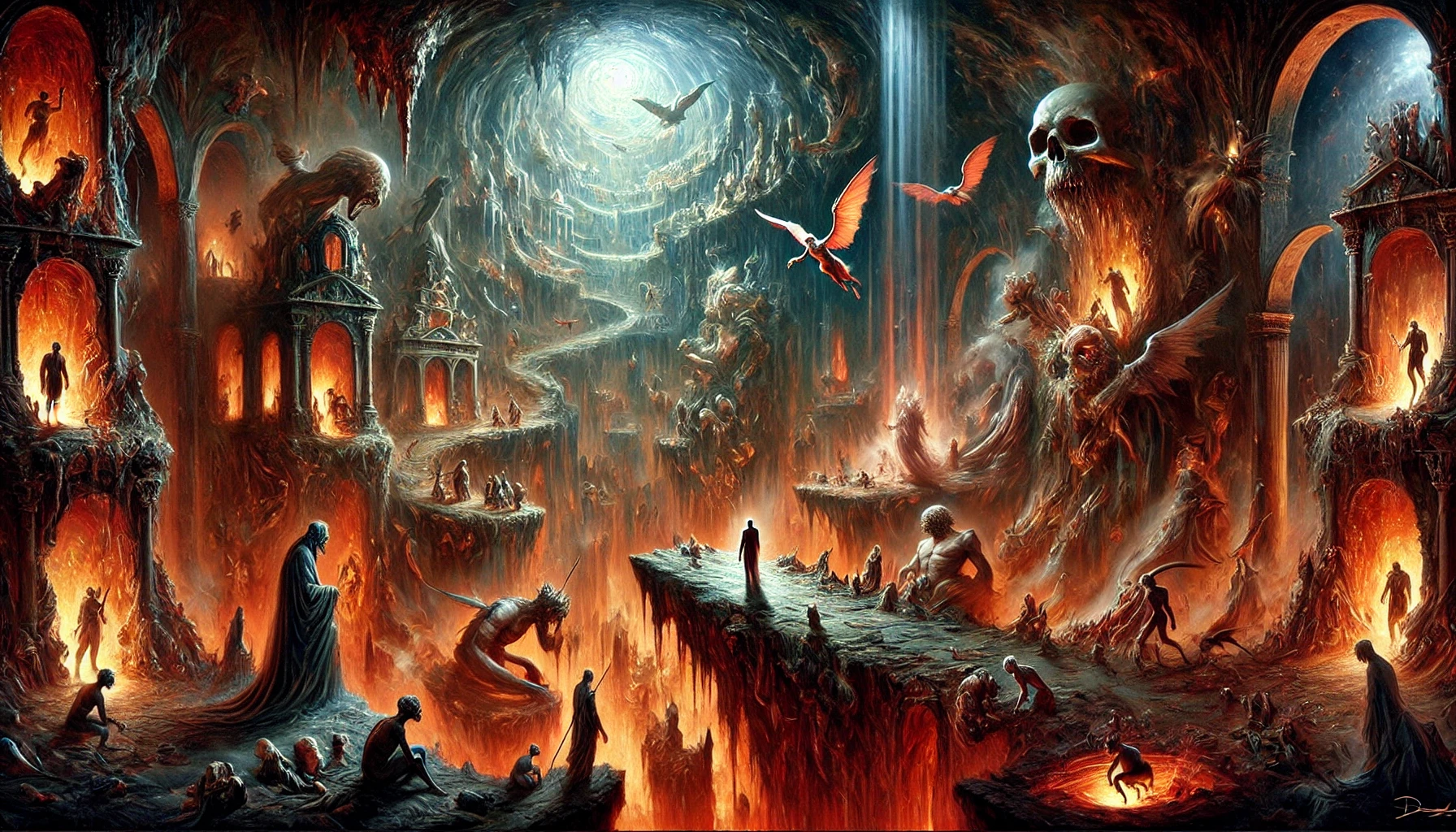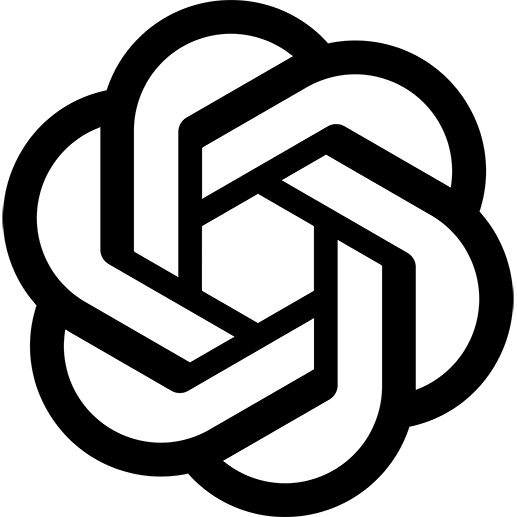The Case For Enterprise AI Workers


TL;DR
- Human workers are fundamental unit of work being done in the foreseeable future
- AI will take up to 20% of all professional jobs in the next 15-20 years, leaving 80% of workforce human
- In this human-centric environment it is the responsibility of AI to fully adapt to how humans work
- AI workers = AI that you can hire, AI with minimal disruption to existing business processes
Why do we need hirable AI?
Consider the contemporary business organization. At a high level it consists of:
- Individual human workers.
- Tools that improve worker's productivity (e.g. computers, equipment, etc.).
- Business processes that organize human workers towards desired business outcomes.
Human workers are the fundamental unit of work being done. When something needs to be done, we seek out a human worker to do it. Even with a massive proliferation of business automation, the absolute majority of business tasks are handled directly or indirectly by human workers (almost always augmented by the tools). All of our business processes are centered around managing individual human workers - from hiring, training, retention, every day work and eventual separation. This is the essence of every day business operations.
Even though this thought may appear old fashioned or even outdated - just look at your work email inbox, Slack or Team workspace and see all these people that you are dealing with on a daily basis.
In a recent argument on the similar subject my friend mentioned that despite all the massive innovations in tools, copilots, models - OpenAI and Anthropic, being the two most innovative AI companies, are still employing 1000s of human workers each and are growing by 1000s every year …which puts it in perspective. Human workers are still the fundamental unit of work, and will continue to be in the foreseeable future.
And so, if humans are a quantum of work being done - it logically follows that if we can make AI-based workers that poses both the advantages of modern GenAI and contemporary traits and capabilities of humans - that would be a theoretically ideal way to add AI to business organization with minimal friction and minimal disruption to the existing business processes.
Minimal Friction, Minimal Disruption
The best way to illustrate this is to perform a thought experiment.
Imagine that you could hire a human worker (engineer, salesmen, project manager, etc.) that naturally exhibits all the contemporary traits of humans as well as unique advantages of AI. A human worker that you could socially customize, send it to work in any location in the world, a worker that could speak dozens of languages, gain, retain and share all the knowledge, effortlessly switches from one assignment to another, possesses extraordinary data analysis capabilities, easily juggles terabytes of factual information and never misses a deadline, being an erudite in common knowledge and intelligence and… never quits to join a competitor.
For any business this would be a dream employee. Such an employee would slide in into any organization without any changes or friction to existing processes and yet provide an enormous additive value due to its AI-based skills.
An AI worker, an AI that you can hire, provides a glimpse of such employee.
Objection #1
By far the most frequent objection I hear to the AI worker argument is this:
"AGI will eventually do the job of 1000s of occupations and may replace most of the human workers. Even today, an AI can do the job of many people at once. Therefore, the hiring of human or AI workers is just an outdated concept that is prime for disruption. Even if it costs a large company tens or even hundreds of millions of dollars to run AGI, in a long run it will be more economical and 1000x more productive than 1000s of human workers it replaces."
Technically, it is a reasonable point of view. I see two problems with this argument:
AGI. Ask anyone who's hands-on in the field and they will all tell you that we are not close to AGI. We don't have the models (math), or adequate energy sources, or enough training data, or compute power to even start working on AGI. Nuclear fusion and quantum computing may help solve some of that in the following decades but we are likely many, many decades away at the very least.
Another, more subtle, problem with AGI is that we don't have an agreed upon definition on what AGI really means. If you take the definition from the 1970s - we've already achieved it. Personally, I think we are centuries away from achieving AGI in the way that I see AGI…
Social and Governmental Resistance. Even if we imagine an AGI in the next 10 years, replacing even 25% of human workers with some form of centralized AGI will lead to the largest social upheaval in the history of human civilization… over 90% of all adults on our planet depend on paid work for their physical survival. AGI replacing over 50% of all jobs is simply unthinkable. The impact on other societal structures like governments, military, law & order, etc. will be equally catastrophic.
Given these, rather obvious, projections I strongly believe that future high-end models, let alone omnipotent AGI, will be highly regulated and limited at least in the next half a century. At least to smooth the transition and lessen the societal impact.
Objection #2
The second, less frequent though, objection is this:
"As humanists, we should really strive to improve human existence and experience. Building AGI or hiring AI workers that could replace humans is simply wrong and inhumane. We should build machines that help humans. We should not build machines that replace humans at scale."
It is hard to argue in general with that sentiment, but I disagree with it technically.
I believe that AI in its various current forms (copilots, AI agents, AI workers) will replace 5-10% of all professional jobs in the next 15-20 years. The anticipated economic impact of this change and colossal productivity boost are simply too irresistible and fundamentally irreversible at this point.
That could be over 20,000,000 jobs. That's a lot. Some job occupations as a result will simply disappear - like it happened many times before. Some jobs will undergo a significant change. New job occupations will appear. There's no doubt that in some countries, in some job sectors this upcoming change will be painful.
However, that also means that roughly 90% of workers will remain human workers. And it is in this predominantly human environment, the AI workers - the AI that you can hire and that which seamlessly integrates with the existing human workforce - will provide the most efficient, the most frictionless and least disruptive way to add non-trivial AI capabilities to businesses.




